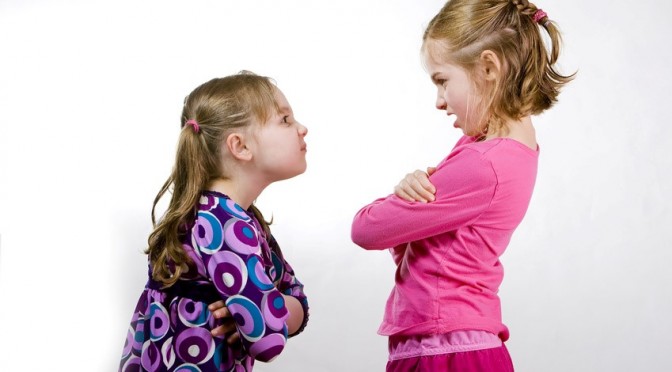“Could you have done your homework” is a vastly different question than “Should you have done your homework?”
Anger is love?
Parents get angry with children because they are scared. Children get angry with parents because they don’t want to disappoint.
The cause of both is love.
When enforcing parent expectations, we need to remind ourselves of that, for we easily get lost in the emotions of the moment and forget that it’s our love that drives our emotions and not the events that are upsetting us.
For the parent, a low grade or some other trouble in the life of a teen represents danger, and we often express our fears of that danger in anger. For the child, meeting the parental expectation is the highest reward: but when the child can’t or doesn’t meet that expectation, avoidance often gets expressed in anger.
Can’t we all just get along?
We often find students who don’t, shall we say, appreciate their parents’ reaction to bad grades and their failure to meet parent expectations. In turn, they get mad back and blame their parents for their own failures and poor judgment.
Similarly, we often find parents who express their fears for their children in anger — and it only ends up enabling their child’s disappointing behavior and leads to more denial of parent expectations.
If the parent didn’t love the child, there’d be no anger at disappointment. Similarly, if the child didn’t love the parent, there’d be no avoidance of disappointment.
What we have then, is a mutual concern that gets expressed in negative emotions.
Parents must take the lead
I hate to say it, parents, but we’re supposed to be the mature, responsible ones around here. So it’s really up to us to break this cycle.
We all want our children to be the very best they can be, and we all instill our dreams into them for the highest success in life. We also know that problems arrive, barriers intrude, and our own faults get in the way of our own children.
Yet we want the best for them.
So, we set expectations understanding that they may not be met fully (while hoping and praying for happy surprise). And all too often ever our lowest expectations go unmet, and all we can do is get upset.
Perhaps there’s a better way than “upset.”
Could v. Should: removing the emotion
If our children’s failures to meet our expectations become loaded emotional burdens, we should strive to lighten our expectations without lowering them.
Try “could” instead of “should.”
Think about it: “Could you have done your homework” is a vastly different question than “Should you have done your homework?”
The one inquires, the other condemns.
The cool thing about this strategy is that it accepts past failures while striving to fix them for the future. Where “shoulda” does not forgive, “coulda” represents acceptance of what went wrong before and a positive step forward to not repeating it.
Whatever our strategy, be it taking the phone away or other punishment, forgiveness is crucial to your child’s recovery from past mistakes. Be honest, loving, and firm — and above all, focus on what “coulda” been done instead of that heavy term, “shoulda.”
– Michael

